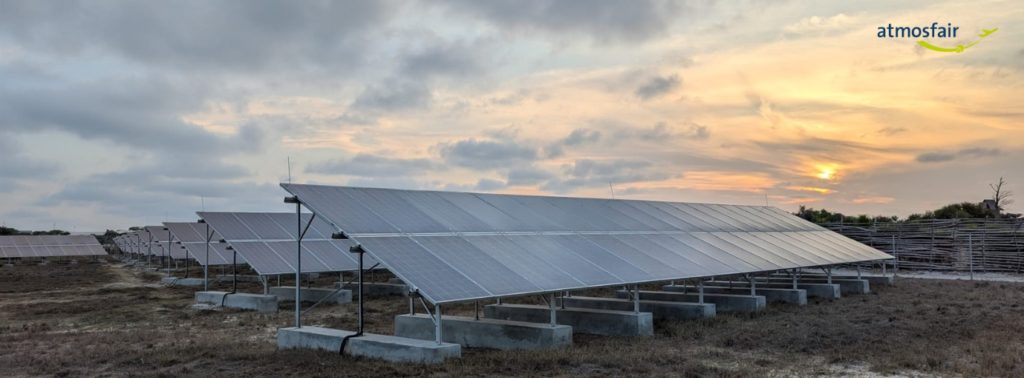
atmosfair news Dezember 2024
Dear Readers,
In northern Nigeria, happiness has a price: 500 Naira, or about 30 cents, buys a bundle of wood — enough for a family to cook for a day. Yesterday, I held one in my hands at a roadside vendor in Jigawa State. Recently, the Süddeutsche Zeitung highlighted poorly designed projects where fuel-efficient stoves fail to protect forests. However, Nigeria’s forests are a critical exception; even on the global deforestation map created by scientists to pinpoint where firewood demand drives forest loss, Nigeria is deeply shaded. Last week, I spoke with Nigeria’s Environment Minister and yesterday with the Emir of Gumel, a city in Jigawa State, about expanding production at our Kano factory to deliver one million fuel-efficient atmosfair stoves annually. Our local team has grown to over 100 members. With the addition of a new 30-ton truck, we now transport laser-cut steel stove components from Kano to six assembly plants in major cities across the country.
At the climate conference in Baku, there were surprises. For atmosfair, the most significant outcome was the agreement on new standards for voluntary offset projects, set to be finalized and implemented in 2025. A critical element of these standards is the exclusion of double-counting. For example, if you offset CO₂ emissions for a flight with a German airline, those offsets do not represent genuine climate compensation if the project country is already obligated to reduce emissions. In contrast, the agreement between atmosfair and the Nigerian government ensures that Nigeria takes on additional climate protection measures because atmosfair is already mitigating a portion of the country’s CO₂ emissions. We hope that consumer protection groups will advocate with airlines and other stakeholders to ensure voluntary offsets are accurately labeled and become recognized as effective climate tools under UN standards with government oversight. Stronger regulation and adoption of these standards are crucial to avoid weaker private standards undermining the system.
If you’d like to support our work financially, even without offsetting a flight, you can choose “donate” on our website. Funding climate protection in developing countries is increasingly vital, as evidenced by the €300 million commitment at the Baku climate conference. Public funds alone are insufficient; private contributions, like CO₂ offsets, are becoming more essential. For the firewood vendor in Gumel, this may not sound like good news. But for many women in Nigeria, who struggle daily to gather firewood, a sleek atmosfair stove could mean a brighter, safer future.
Enjoy reading about our new brick kiln project in Malawi, biochar initiatives in Namibia, and our first large-scale biogas project in South Africa.
Warm greetings,
Dietrich Brockhagen
Managing Director, atmosfair
P.S. I flew to Nigeria with the airline ranked 97th in our new atmosfair Airline Index. Unfortunately, airlines with better rankings involve detours that would not have been more climate-friendly overall.
Nigeria: Photo Report from the Journey
Al Isa, the man in the blue robe in the photo, is a council member responsible for trade in the Gumel municipality and works with atmosfair on the distribution of fuel-efficient stoves in the region.
The solar irrigation system shown in the photo was built by atmosfair in 2024 and handed over to the “National Agency for the Great Green Wall” (NAGGW). This agency works to reforest areas south of the Sahara to combat desertification in the region. Water is pumped from a depth of 80 meters using solar pumps and serves both irrigation and livestock needs. People and animals from the surrounding areas rely on this water. atmosfair supports NAGGW without receiving CO₂ certificates or other compensation.
Gumel’s four Local Government Areas (LGAs) have a population of approximately 1.5 million, living in rural areas and small towns. The city administration offers residents efficient stoves from atmosfair. This distribution model will be tested in Gumel and, if successful, replicated in around 300 LGAs across northern Nigeria.
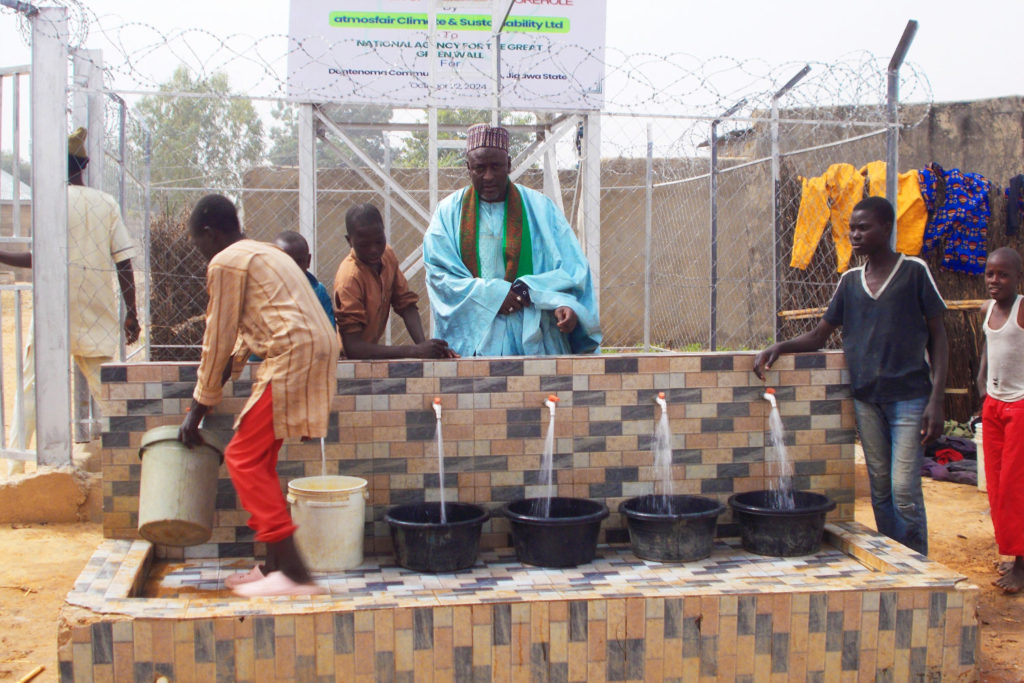
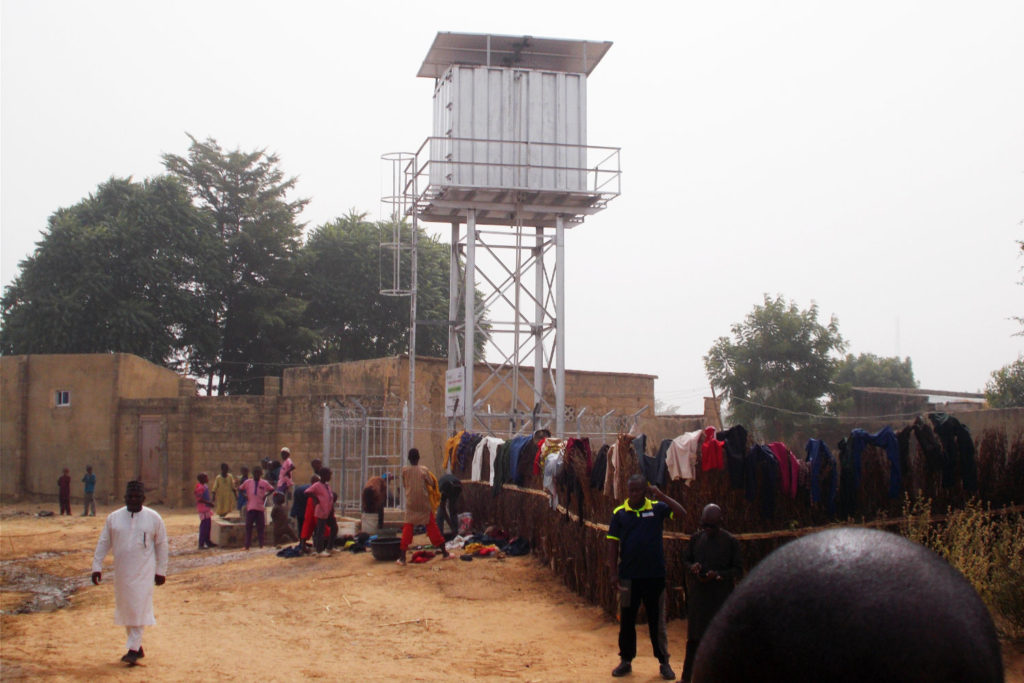
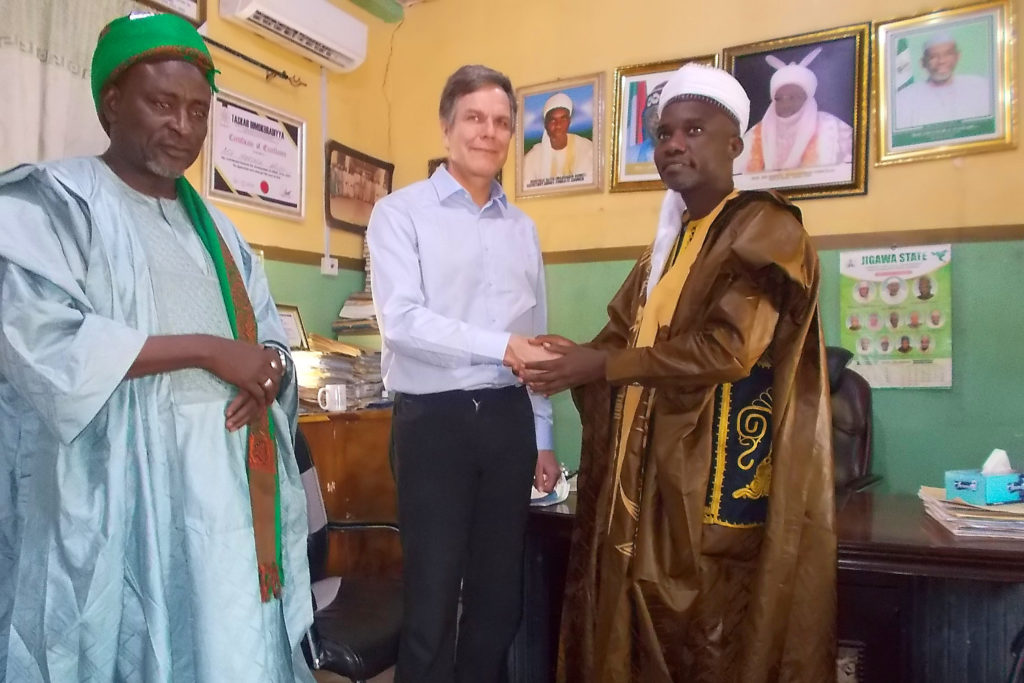
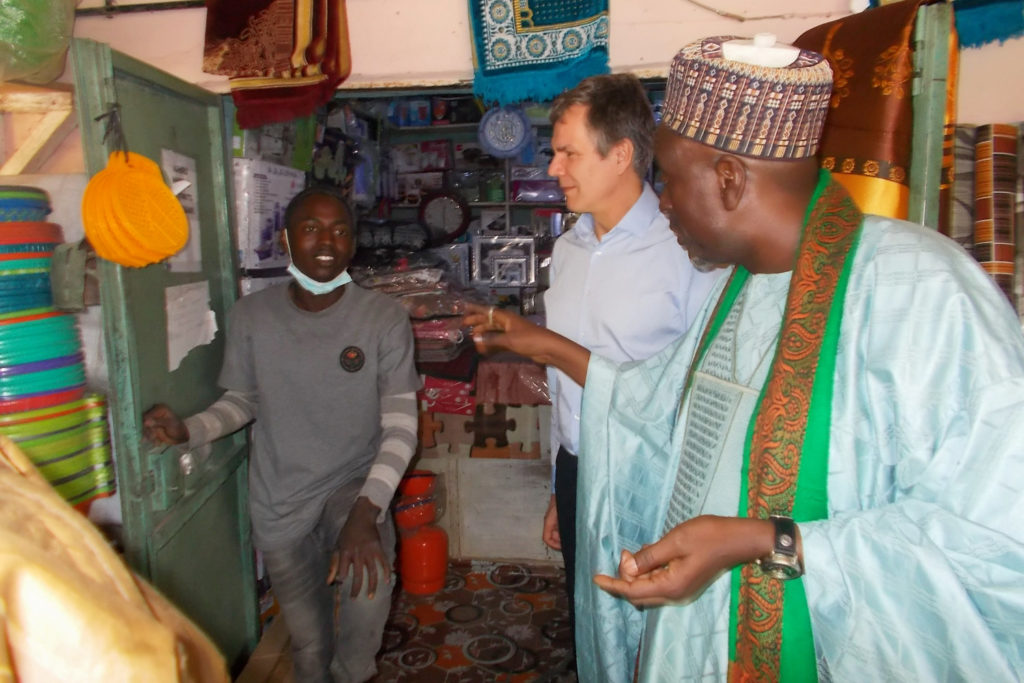
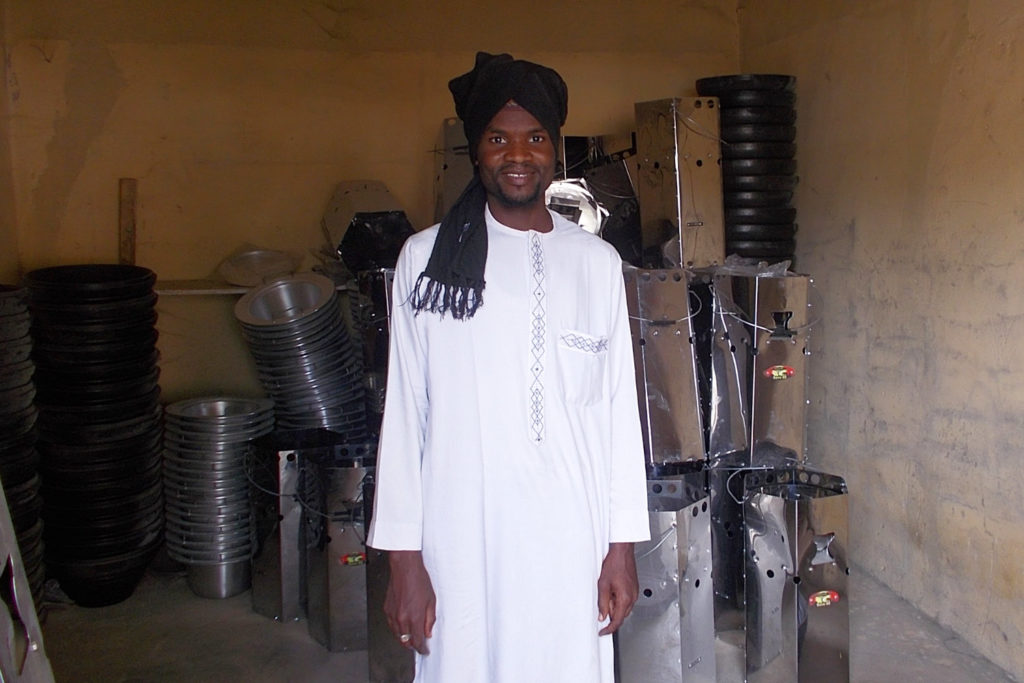
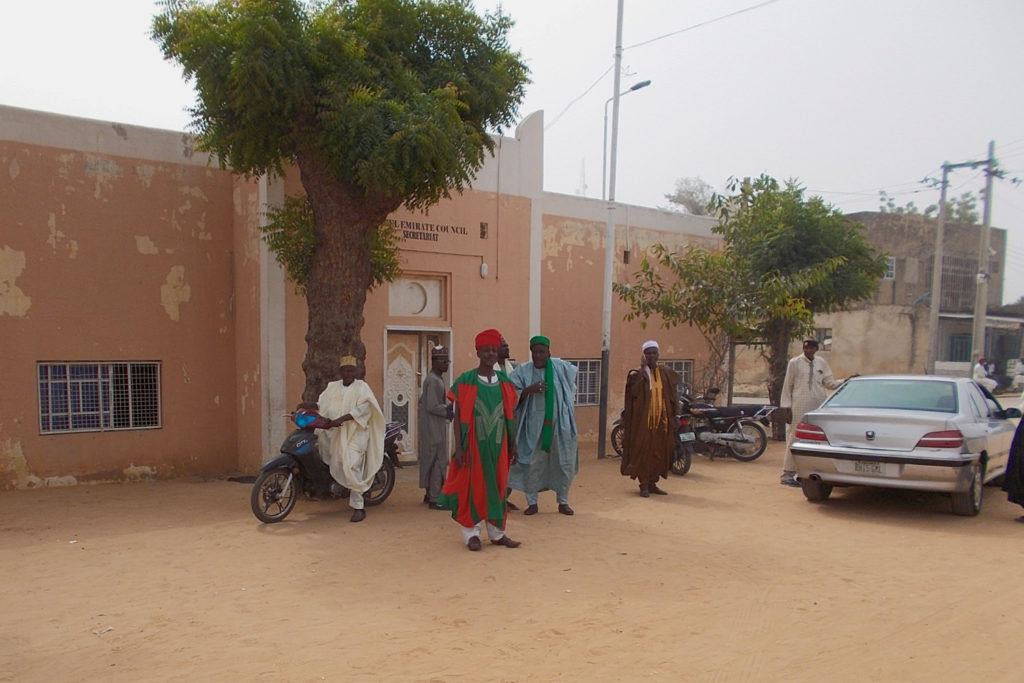
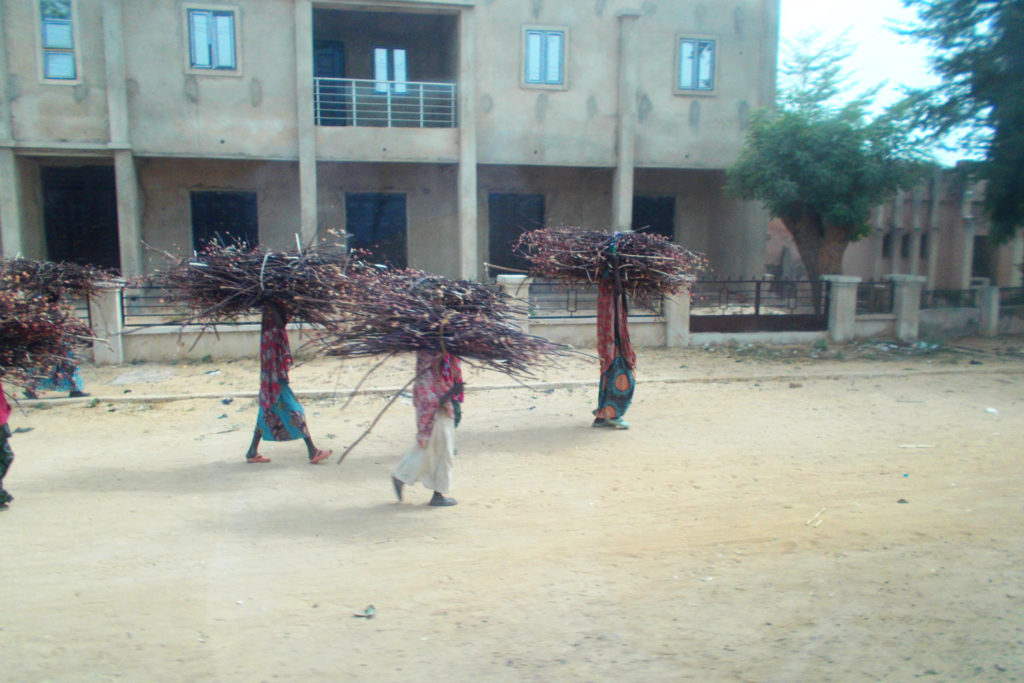
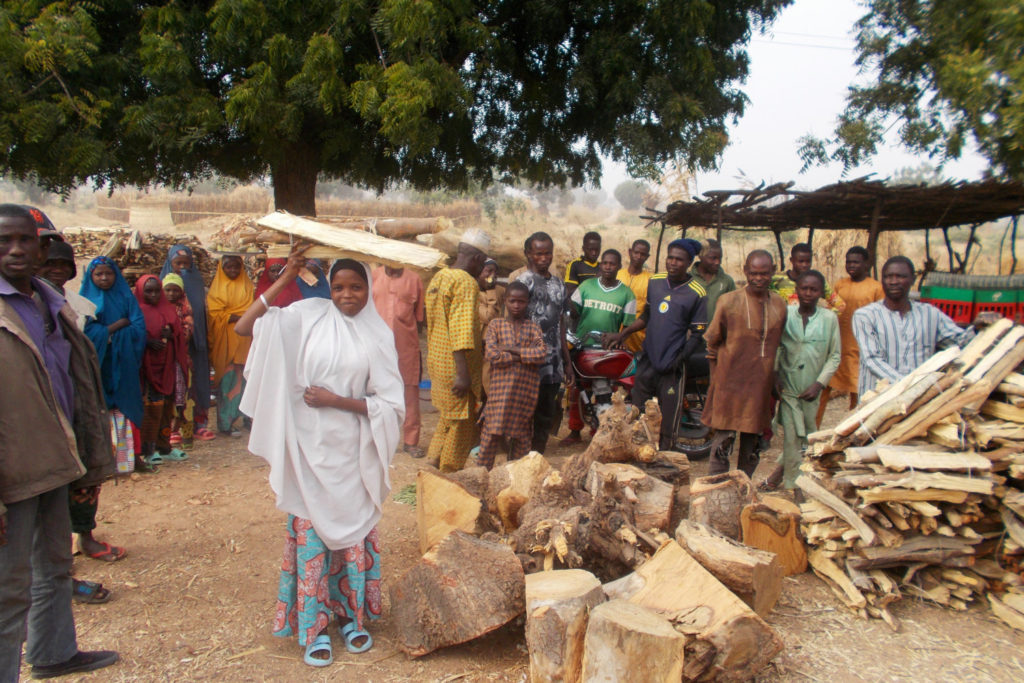
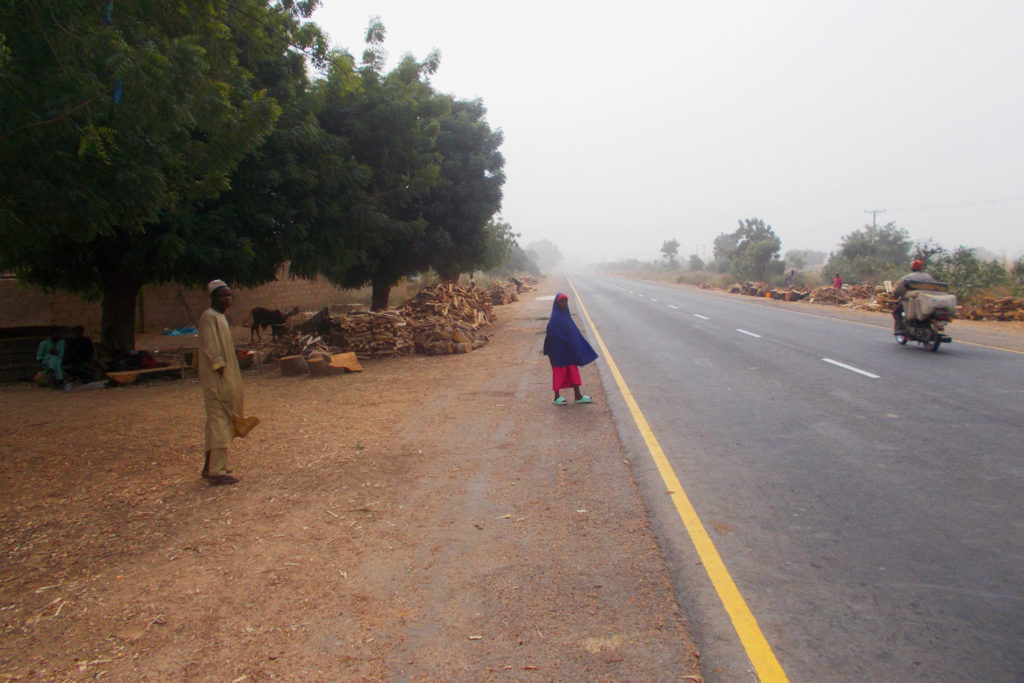
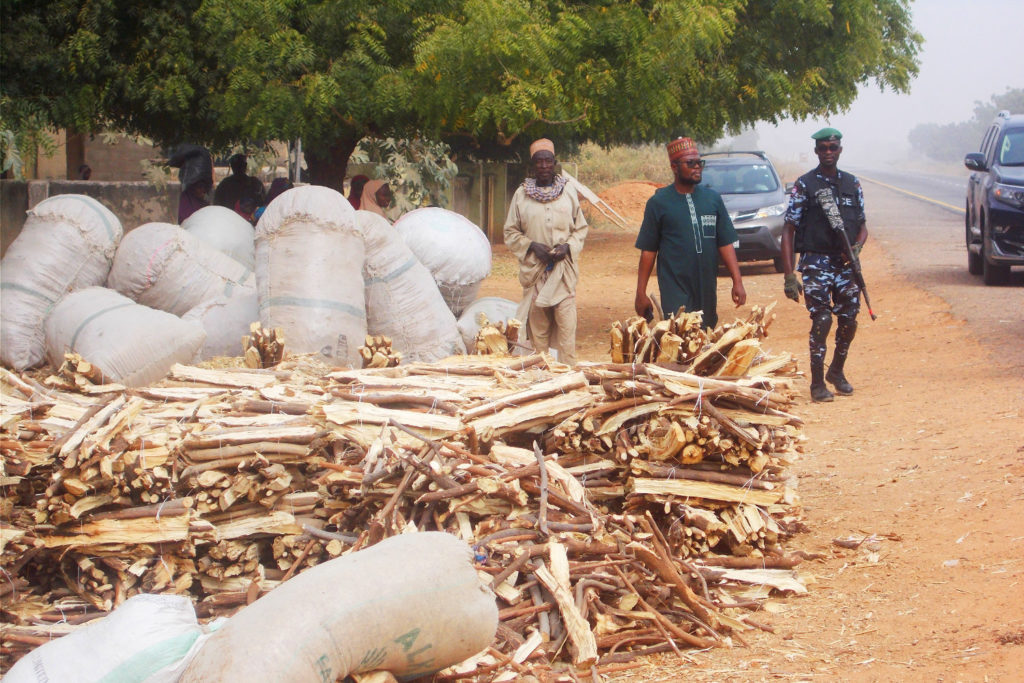
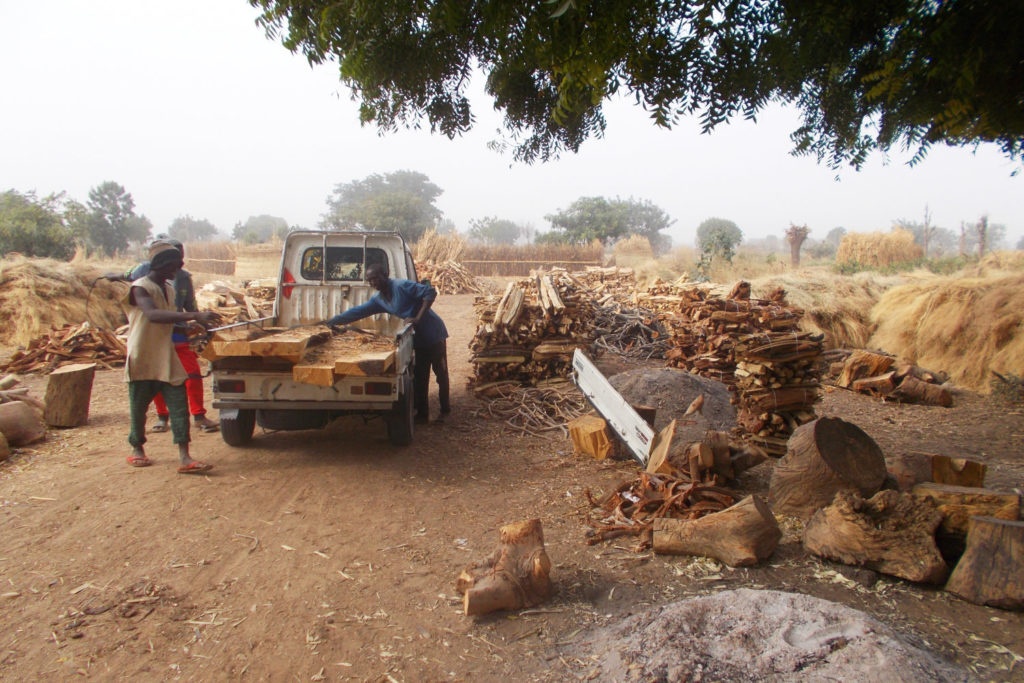
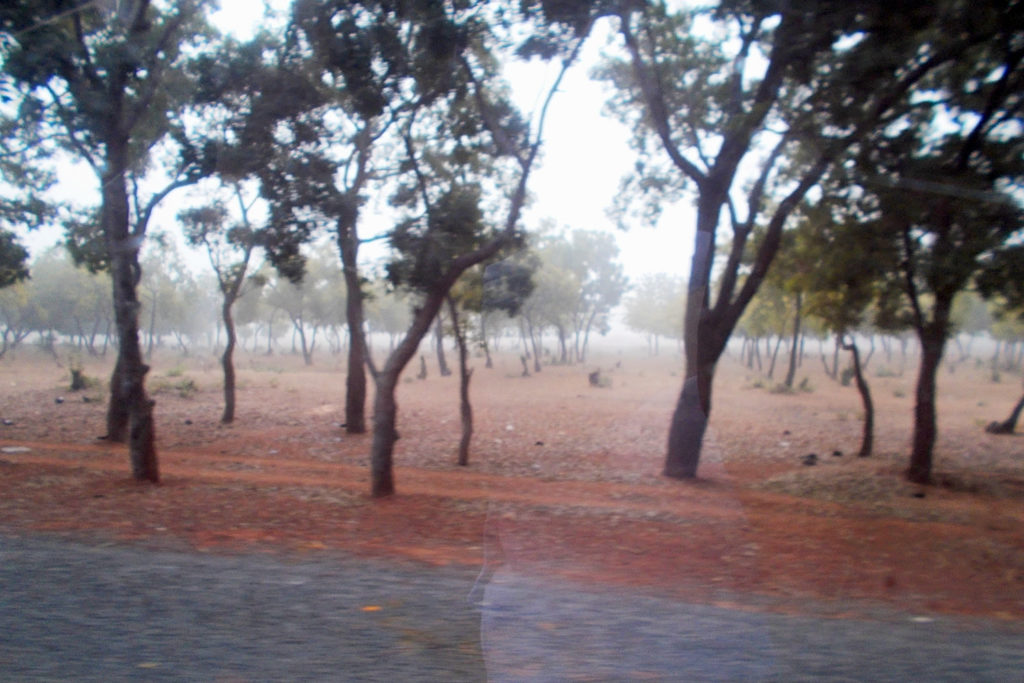
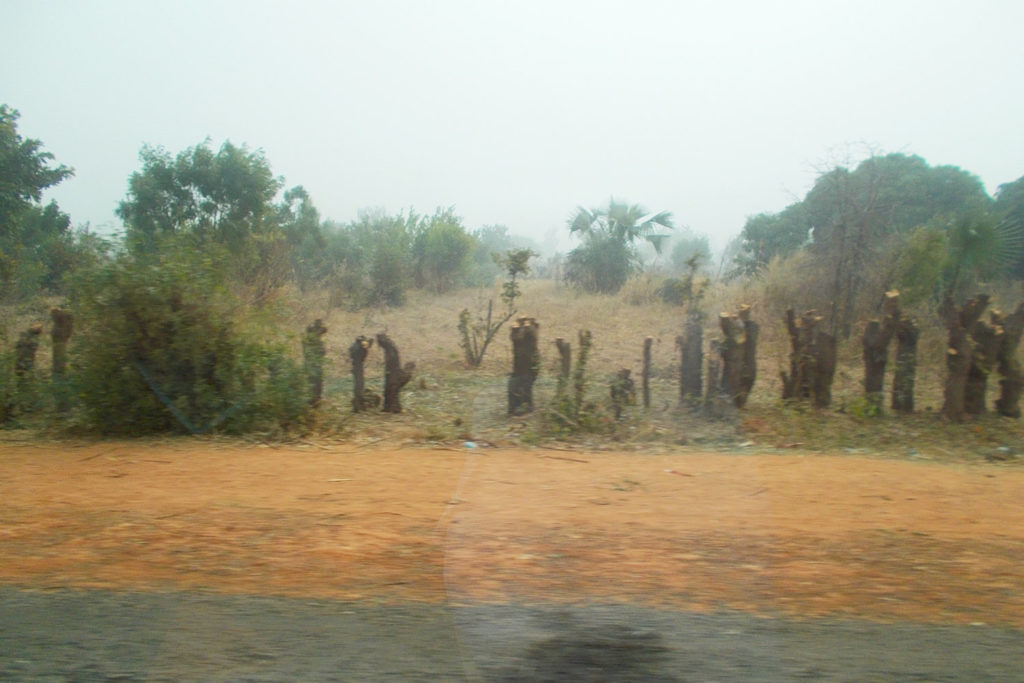
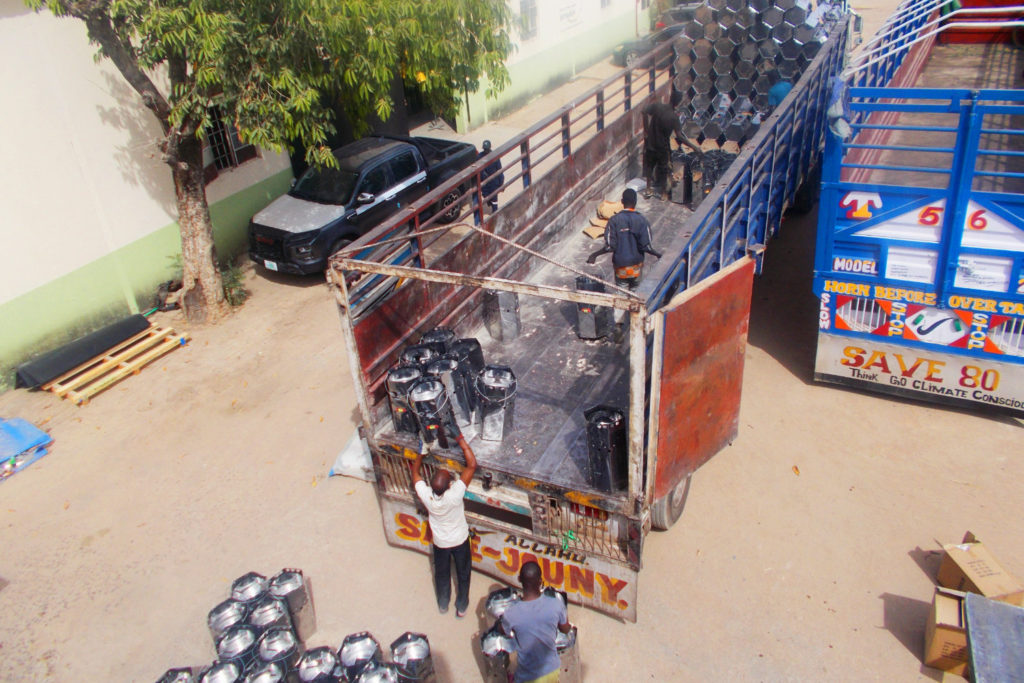
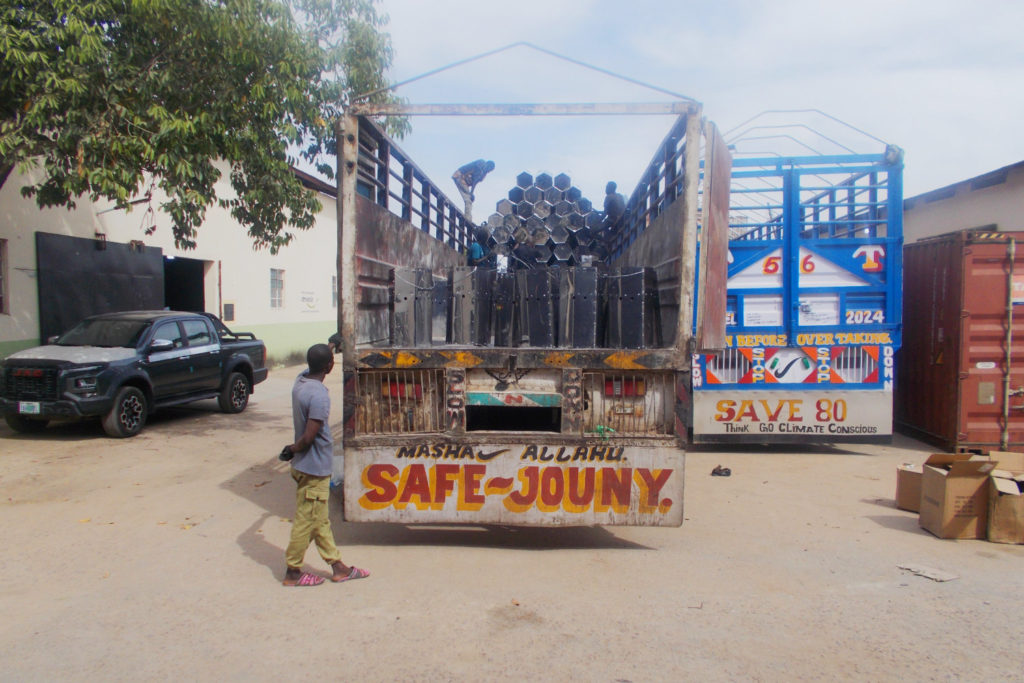
COP29: What’s Changing for Voluntary CO₂ Offsetting?
By Florian Eickhold, atmosfair expert on climate finance and environmental markets
The COP29 climate conference in Baku began with a significant decision: On November 11, the Paris Agreement signatories established new rules for global carbon markets. Article 6.4 of the Agreement outlines how CO₂ reductions from climate protection projects can be transferred to companies abroad to offset emissions.
This requires new rules because, under the 2015 Paris Agreement, countries in the Global South must also meet climate targets. Double counting would hinder climate protection efforts. The new rules aim to encourage more ambitious projects than before. As Maria AlJishi, Chair of the Supervisory Board for Article 6.4, stated: “We want the mechanism to incentivize developers to aim for the high-hanging fruit rather than the low-hanging fruit. We focus on projects that are financially unviable without this mechanism, meaning they are very ambitious.”
New Standards: More than Climate Protection
What will private climate protection projects look like in the future? Likely much better than before. For the United Nations to recognize greenhouse gas reductions, it is no longer enough for projects to simply reduce CO₂, as was the case with the so-called Clean Development Mechanism (CDM). According to the rules of Article 6, these projects must also contribute to the UN’s Sustainable Development Goals (SDGs). This means they must help fight hunger, promote women’s empowerment, improve health, or increase the income of rural populations. The goal is to maximize the social and environmental impact of well-executed climate protection projects. When people in the Global South benefit, the acceptance of the initiative in the project country increases, motivating further climate protection efforts. New standards now also apply to project types that ensure carbon is permanently sequestered. This includes, for example, the use of biochar or specialized machines that capture CO₂ directly from the atmosphere (Direct Air Capture, DAC).
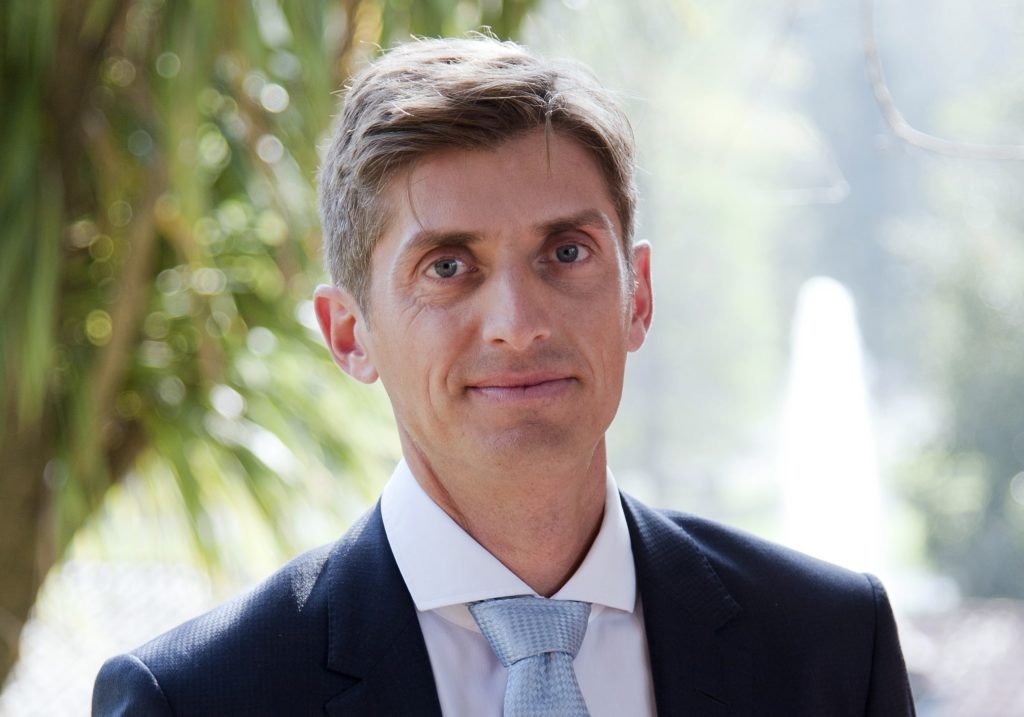
So, what changes with the COP decision for atmosfair? In fact, not much. Our climate protection projects have never been limited to the old CDM standards. They also meet the independent Gold Standard, which has been advocating for the achievement of the SDGs for years. atmosfair even goes beyond the UN and Gold Standard levels in its projects, such as the criterion of additionality. This means that an atmosfair project must be at least partially financed by our climate protection contributions. This ensures that we only fund projects that would not exist without our support. Therefore, adapting our projects to Article 6 should not be difficult.
Corresponding Adjustments Prevent Double Counting
In addition to broader standards, Article 6 can enhance the quality of climate protection projects through negotiations for Corresponding Adjustments (CAs). This system, newly introduced under the Paris Agreement, ensures accurate global CO₂ accounting. Once a CO₂ reduction unit is registered in this system, it can have only one owner. Only such reductions can be credited to the greenhouse gas balance of states and companies, such as airlines, to meet their climate protection commitments. This approach prevents double-counting or duplicate claims of certificates. atmosfair actively works on various levels to ensure accurate CO₂ accounting and prevent greenwashing, and it is well-prepared for the new accounting system. Companies and individuals already have the option to purchase and retire these internationally recognized emissions reduction units through atmosfair. To date, atmosfair has signed four such CA agreements with governments, enabling our clients to fully utilize the new mechanism. This places us among the global pioneers, as only 22 such CA agreements exist worldwide.
Enhanced Project Quality through CA Negotiations
When a country itself must meet climate protection targets, it doesn’t simply give away its greenhouse gas reductions. Therefore, for an emissions transfer agreement, donors must offer more than just climate protection. Governments in the Global South expect the projects to bring real added value to their economies, such as new technologies or jobs. This is exactly what we have achieved with our stove factory in Kano, Nigeria, as well as our assembly plant in Keffi, where we have invested in infrastructure, high-tech machinery, and training to produce high-efficiency, durable stainless steel wood-saving stoves. More assembly plants will follow, alongside facilities for pelletizing crop residues, with the goal of gradually eliminating firewood in the medium term. This project goes far beyond simply subsidizing the import of Chinese stoves and meets the “low-hanging fruits” that AlJishi called for in Baku. For this reason, the government is willing to transfer the CO₂ reductions to atmosfair, so that our customers can use them for their carbon offsetting. We hope that the agreement on Article 6.4 will lead to such relationships, which benefit all parties involved, becoming the norm for voluntary CO₂ compensation.
Ready for operation: Our first efficient brick kiln in Malawi
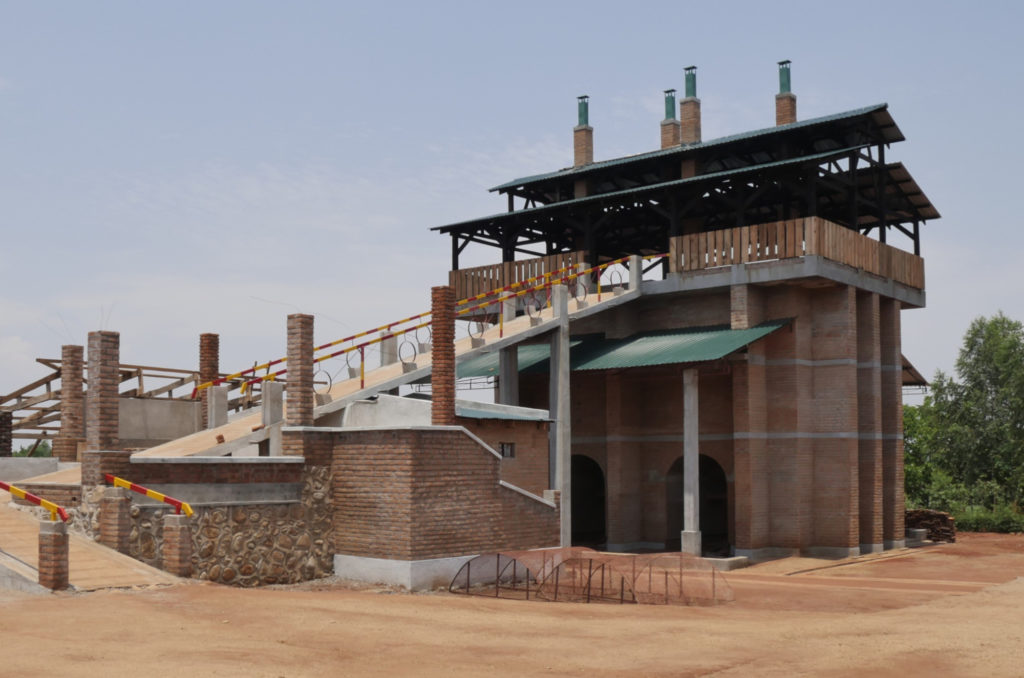
atmosfair is breaking new ground in climate protection in the construction sector: with brick kilns that use less than half as much energy as conventional production facilities. This will provide much needed building materials to the growing population of Malawi. Our new project also benefits the ecosystem.
Biochar from Bushwood Protects Climate and Ecosystems in Namibia
December 2024: atmosfair is supporting the production of biochar from bushwood in the Otjozondjupa region in northern Namibia. In partnership with the organization PyroNam, we are constructing a pyrolysis plant, which is expected to start operations in early 2025. The facility will process bushwood trimmings into around 1,000 tons of biochar annually, which will store carbon in the soil, creating negative emissions. atmosfair’s advisory board approved the project in early December.
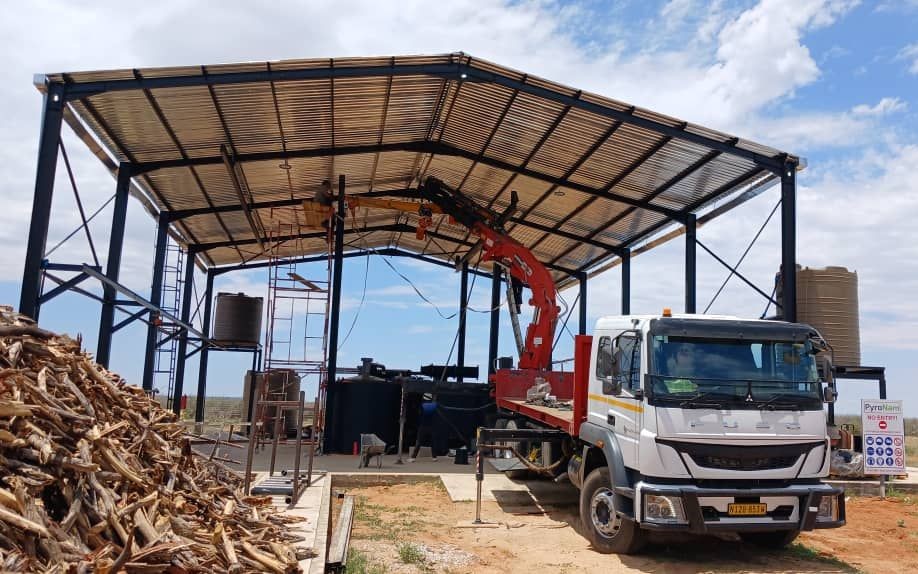
PyroNam will supply the plant with bushwood that is harvested as part of the sustainable management of savanna ecosystems. To ensure the biochar is environmentally sound, we exclusively use wood trimmings from sources approved by the Namibian government and additionally certified by the Forest Stewardship Council (FSC). Stephan Bezuidenhout, Director of the Environmental Compliance Consultancy in Namibia, said, “I am very pleased that atmosfair is financing and co-developing PyroNam, as this allows us to continue the good work.” Dr. Katrin Mikolajewski, atmosfair’s project manager, is also excited about the collaboration: “With PyroNam, we have a strong partner committed to local value creation and climate protection.”
Biochar Improves Agricultural Yields
The finished biochar from the pyrolysis plant will be used by farmers in agriculture. When spread on fields, it improves soil quality because its porous fine structure provides a habitat for beneficial soil organisms and retains water like a sponge. Depleted soils can regenerate, leading to higher yields of crops such as maize, potatoes, mangoes, and bananas. Over time, a carbon-rich soil layer forms. A large portion of the biochar will remain undecomposed for up to 1,000 years. For climate protection, this results in negative emissions because the carbon in the biochar comes from the CO₂ that the bush plants absorbed from the atmosphere.
Protecting Savanna Ecosystems
Due to the lack of natural controls such as fires, migrating herds, and intensive land use, certain tree species are spreading invasively. These species threaten the natural savanna ecosystems in rural Namibia, where they displace the typical flora and fauna. Their dense growth and thorns limit the mobility of both humans and animals and negatively affect soil water balance. To address this issue, the Namibian government has developed a comprehensive plan for the controlled harvesting of these invasive bush plants, which provide the raw material for our biochar project.
The project has multiple positive effects: Together with PyroNam, we are generating negative emissions, regenerating ecosystems, increasing food production, and creating jobs at our pyrolysis plant.
Energy from Sewage Sludge: atmosfair Promotes Circular Economy in South Africa
atmosfair is launching its first climate protection project in South Africa. We aim to finance a biogas plant in Gqeberha (formerly Port Elizabeth) to convert sludge from the local sewage treatment plant as well as organic waste into energy. Our partner company, Straits Energy Holdings, plans to complete the facility by 2026. Once operational, the plant will process 80 tons of sewage sludge and 50 tons of waste from households, agriculture, and the food industry daily. This will result in the annual reduction of greenhouse gases equivalent to 50,000 tons of CO₂.
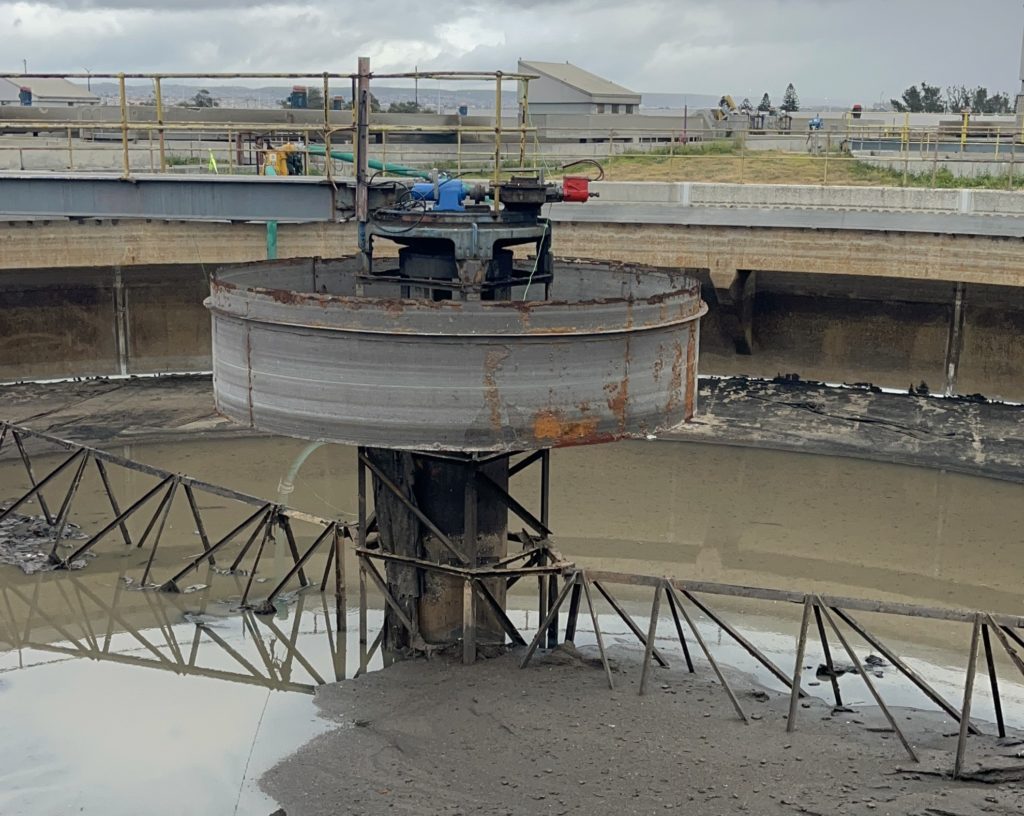
By utilizing sewage sludge and organic waste in the biogas plant, we prevent them from fermenting unchecked and emitting methane. Methane is a greenhouse gas that is about 27 times more harmful to the climate than CO₂ but is also a valuable energy source. To harness this, we collect the sludge in a dedicated facility, where it decomposes in a closed container under controlled conditions. Methane is captured and can be used in various ways.
Biogas as a Source of Heat and Power
A nearby industrial facility will burn half of the biogas as a heat source. The other half will be used for electricity generation in a 1.5 megawatt generator. Straits Energy Holdings has already secured a purchase agreement for this. Both the direct use of biogas for heating and its conversion to electricity replace fossil fuels, resulting in additional emission reductions from our project. Furthermore, the organic residues from the biogas plant serve as a valuable fertilizer for agriculture and can increase crop yields. These residues also work as an eco-friendly fuel for brick manufacturing.
What makes this project in South Africa especially unique is not only the large amount of biogas it generates. It is also the first facility in the country to process both organic waste and sewage sludge – even though there is significant potential for more. Many sewage treatment plants in South Africa are clogged with sludge because there is limited use for it, leading to its accumulation. In Gqeberha, this even results in untreated sludge being released into the sea. Biogas plants like the one in our project can change this situation.


 Share
Share Tweet
Tweet